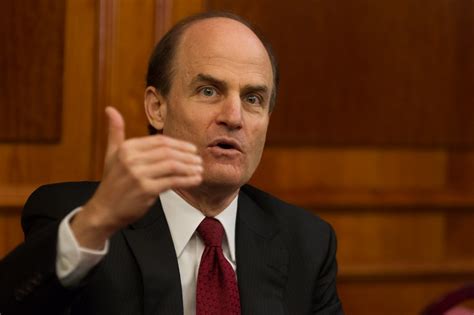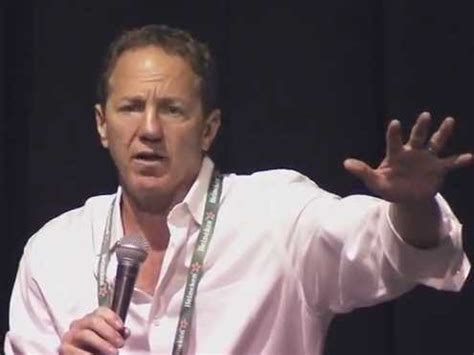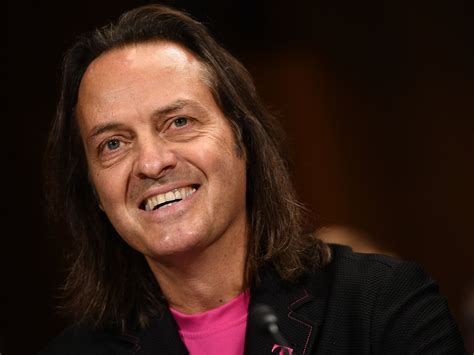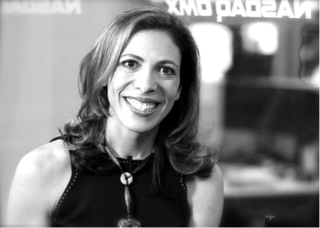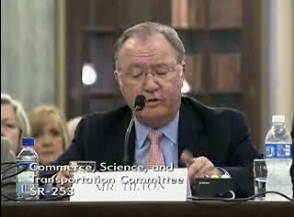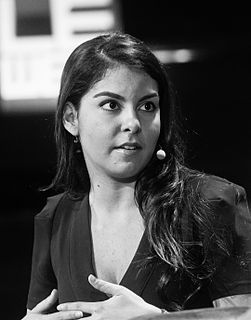A Quote by Michael J. Silverstein
Don't ask your customers what they want. This rule is based on the view that they probably don't know. You have to fully understand them, the context for their needs and their major dissatisfactions.
Related Quotes
Products, profits, and paychecks are not enough anymore. These days, society cares how you treat your own workers. Customers want to know you promote the same values inside your walls as you do outside; job hunters want to know you care about them before they send in an application. Your culture is your brand. You need to create an organization where your employees believe in what you do.
I think that is what you want to do as a cinemagoer - to experience something fully. Some things don't let you experience them fully. It may be your own preordained prejudice where you can't experience them fully. But when you come out of the cinema having felt, thought, and experienced your way through two hours, that is a really cool thing.
I always want to read the script and know everything and at least understand the context of the world that you're in and why you're there and all that stuff. It's good to know something. I like to know, but I've never been one of these, 'Just show me my stuff,' no, I like to know what the whole picture is so I can understand how I fit into it.
I do not want to know what you will hope for. I want to know what you will work for. I do not want your sympathy for the needs of humanity. I want your muscle. As the wagon driver said when they came to a long, hard hill: ‘Them that’s going on with us, get out and push. Them that ain’t, get out of the way’.

